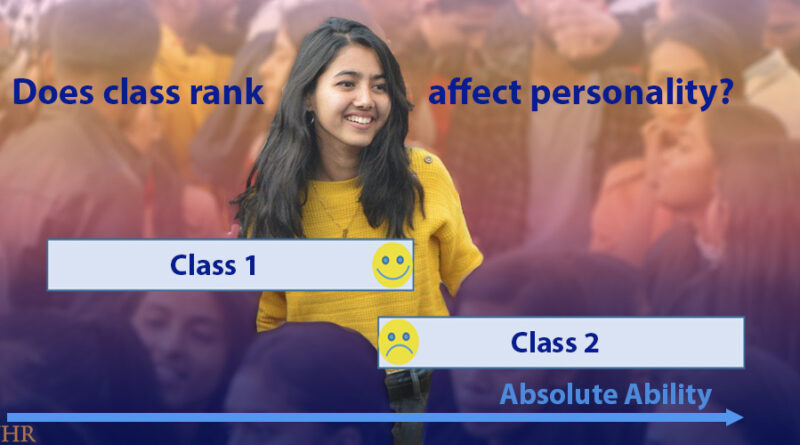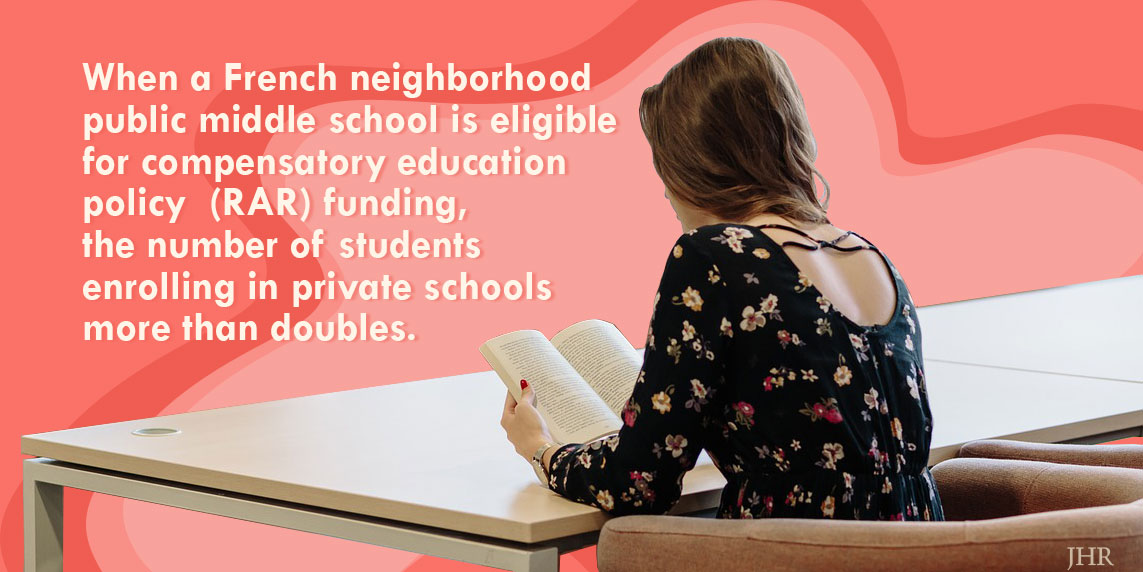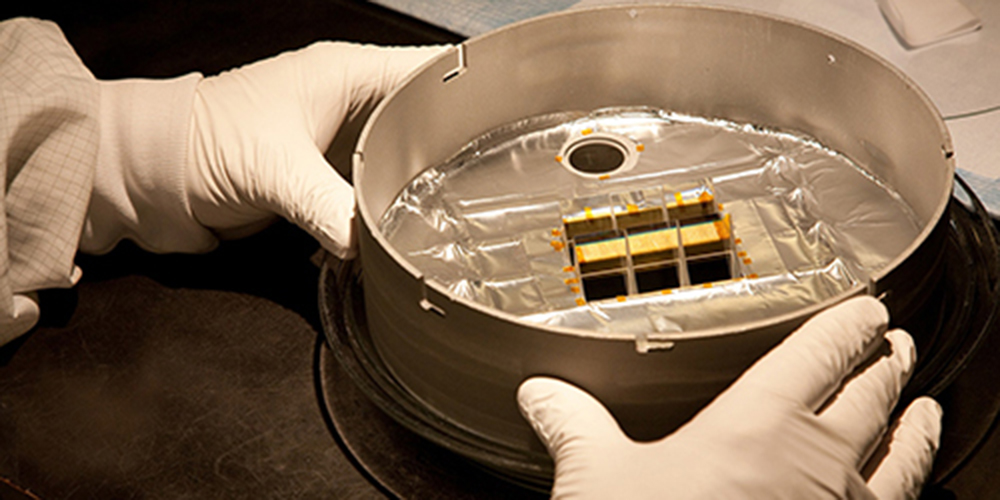Being at the Top of the Class Fosters Conscientiousness
Relative comparison is a relevant phenomenon throughout the life course and in different environments—we are often thinking about how we rank. Rank influences many individual outcomes, such as job effort and labor market participation, acting on intrinsic factors like motivation and self-esteem, also independently from rank-related rewards.
In this study, Laura Pagani, Simona Comi, and Federica Origo used the Big Five personality inventory (openness to experience, conscientiousness, extraversion, agreeableness, and neuroticism) to test whether individual achievement rank in the classroom has an effect on high school students’ personality traits.
Intuitively, we can imagine two “identical” students—i.e., with the same level of achievement—may end up in classes characterized by different achievement distributions and, thus, have a different relative position in their class (see figure). The team analyzed whether the different relative position of the two students reflects into divergent personality development, according to a phenomenon that psychologists call the “big fish in a little pond” effect.
Does the student ranking higher, “the big fish,” develop differently? The team found a positive and sizable effect of relative rank on conscientiousness, but they found no statistically significant effects on the other four personality traits.
They suggest the effect operates through two main channels. The first is perceived ability—if highly ranked students infer from their high rank that they have high ability, they may revise upward their expected marginal benefits from education. This, in turn, may improve their current conscientiousness. Another mediating factor is motivation. The research team found a positive correlation between rank and motivation to learn, namely enthusiastic engagement, curiosity, and interest in school activities, all attitudes that have been shown to foster conscientiousness.
How might this study inform our educational practices? Pagani says, “In light of these results, actions aimed at developing a positive evaluation of one’s own ability relative to others and at encouraging academic motivation should be taken to favor the development of conscientiousness. Schools and teachers have the potential to foster academic motivation through many mechanisms.”
Read the study in the Journal of Human Resources: “The Effect of School Rank on Personality Traits,” by Laura Pagani, Simona Comi, and Federica Origo.
***
Laura Pagani is Associate Professor of Economics at Università di Milano Bicocca. Simona Comi is Associate Professor of Economics at Università di Milano Bicocca. Federica Origo is Associate Professor of Economics at Università degli Studi di Bergamo and Research Fellow at the Institute of Labor Economics (IZA).



